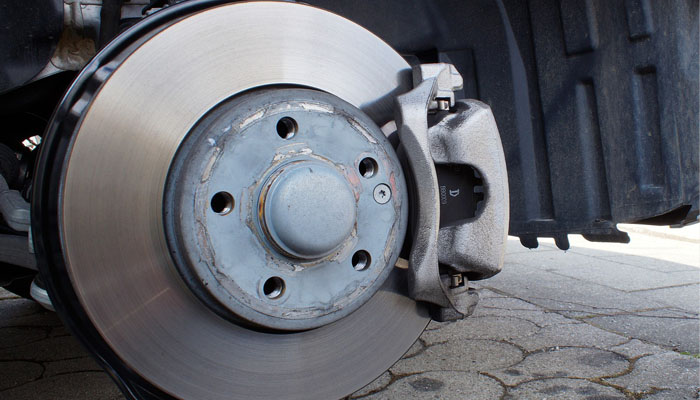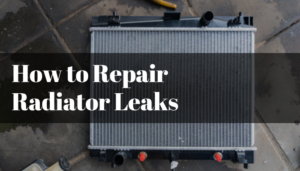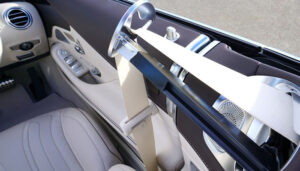Your brakes are one of the crucial safety features of your car. Every inch you drive with malfunctioning brakes can pose a dangerous risk to yourself, your passengers, and other people on the road. However, brakes do not work fine one day and just suddenly fail out of the blue. Before they give out entirely, they show warning signs that tell you there is something wrong. When you see these indications, make sure you get your brakes inspected to address the issue immediately.
Are the Brake Pads Worn Out?
It can be dangerous to drive with worn brake pads since they become ineffective in putting your vehicle into a full halt. To determine if the pads are worn, you must learn how they work first. Whenever you step on your brakes, the padded clamps (brake pads) come together onto a disc (rotor). This mechanism creates friction which stops the vehicle. However, over time, the brake pads start to wear and they become thin. If you are not sure how to physically identify worn pads, get the help of a mechanic.
Do you Hear Odd Sounds When You Step on the Brakes?
When the brake pads start to wear out, you will hear screeching or squeaky sounds. At the end of the pad, there is a small metal shim that is meant to give out that sound as a warning. The longer you use the worn brake pads. The more noticeable the sound gets. It will even get to a point where you will hear a grinding, growling noise. By this time, it means that the pads are gone and that the calipers are starting to grind against the discs. If you do not get new pads, the calipers will warp, which can be expensive to repair.
Does your Car Pull to the Side When you Brake?
It is true that when your car moves toward the sides, it might be an indication of a problem with your wheel alignment. However, this can also mean that there is something wrong with your brake system. When the calipers stick, they can wear the pads prematurely. This leads to a strong pull to the left or right whenever you step on your brakes. Either the brake hoses need repairs or you need to replace unevenly worn pads.
Do you Feel Vibrations?
If you’re looking for a Toyota HiAce for sale, make sure you get one with an anti-lock brake system (ABS). After all, this feature is useful in preventing your wheels from locking. That said, if your vehicle has an ABS, it is natural to feel small or pulsing vibrations when you suddenly stop. On the other hand, under normal braking conditions, those vibrations should not occur. Otherwise, it means that there is an underlying issue with your brakes.
When your brakes vibrate even when you smoothly put your car to a halt, it can be an indication of distorted rotors. Other signs of problems can be a response even at the slightest touch of the brakes or no reaction at all unless you step on the brakes all the way to the floor. If you see that the ABS light stays illuminated, it is high time you bring your vehicle to a trusted mechanic.
There are many problems that adversely affect the brakes of your vehicle. It can be caused by a failed oil seal, hardened spots on the drum or rotor’s material, and crystallized brake pads, among others. Keep in mind that these small issues may eventually lead to bigger problems and even put your safety at risk. So, at the early signs of brake problems, make sure you bring your vehicle to a service center.



